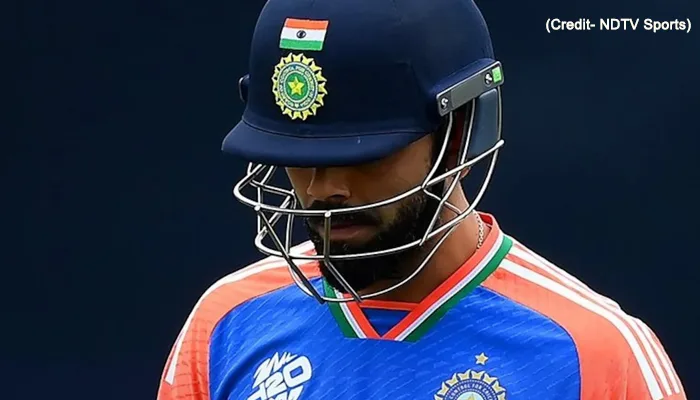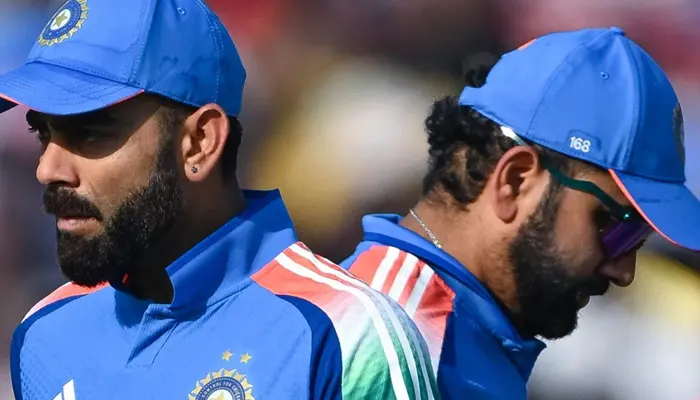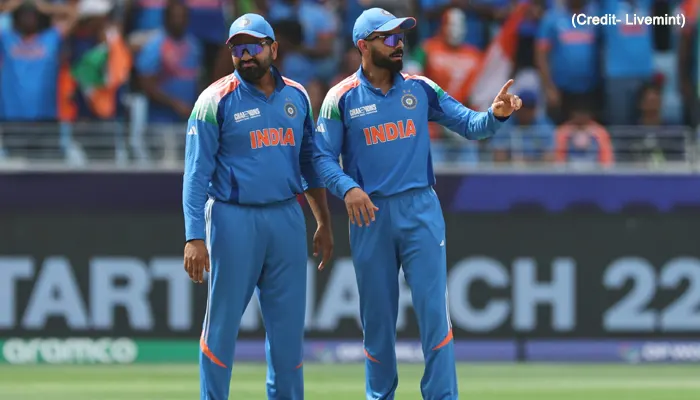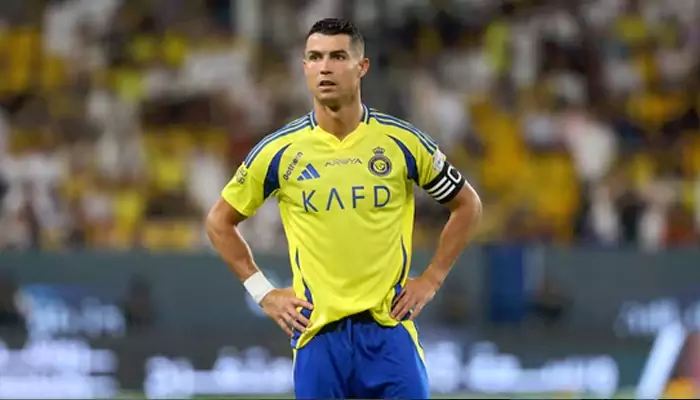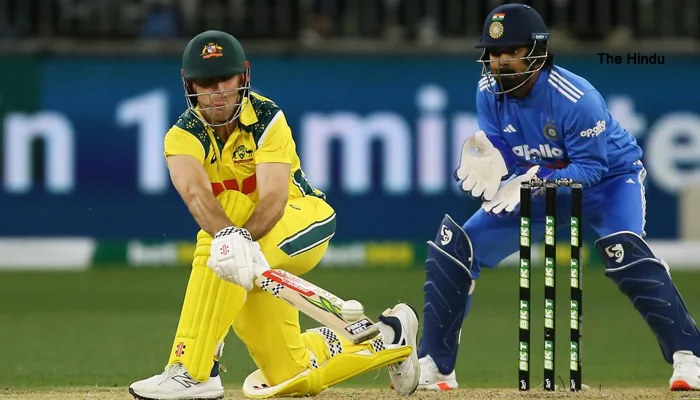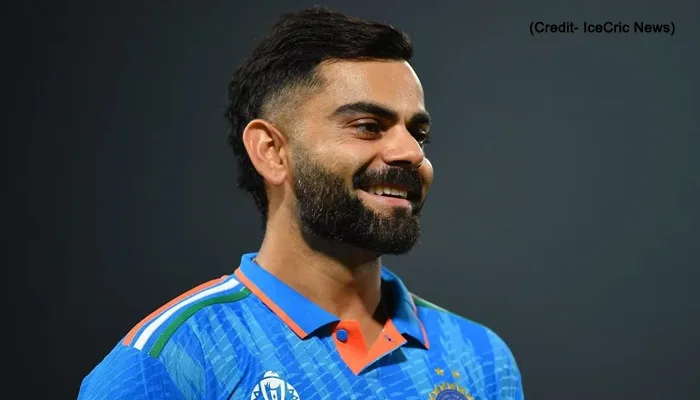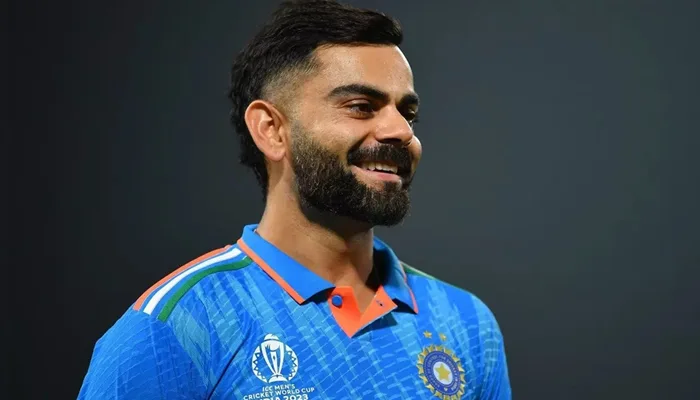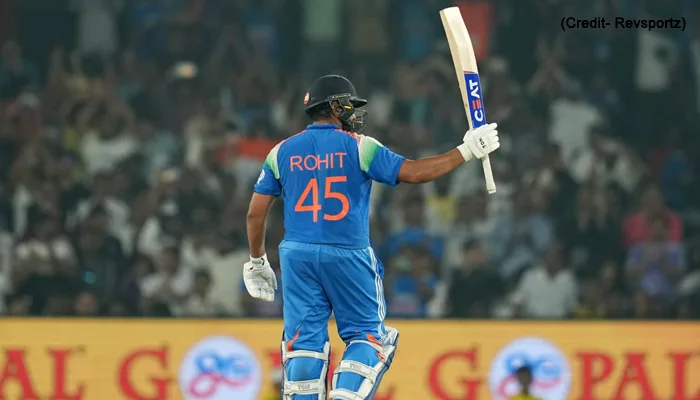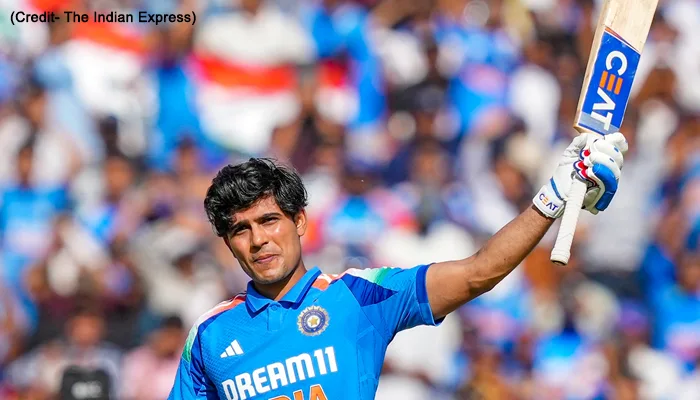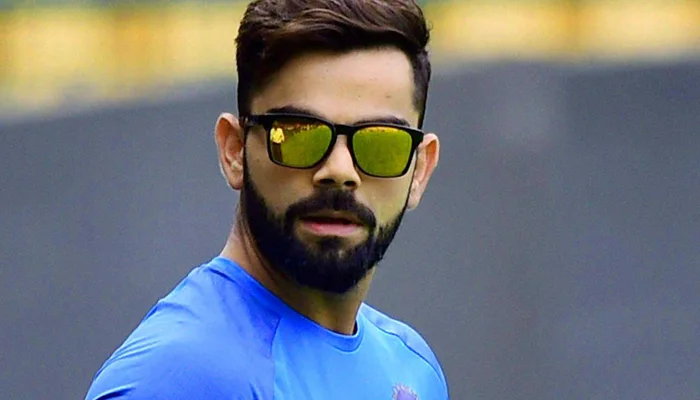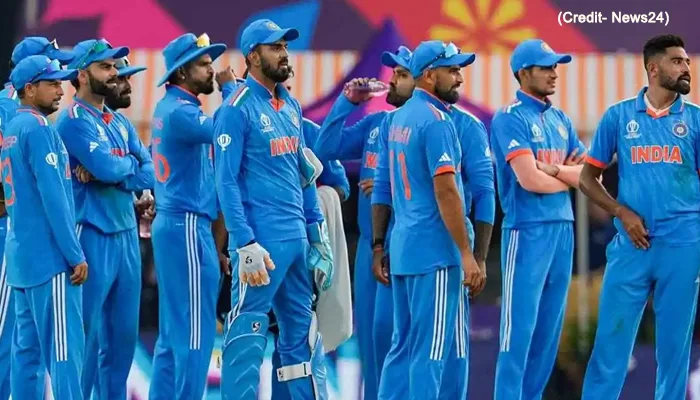On This Day (Feb. 15): 1985 World Chess Championship – An Abrupt End Between Karpov and Kasparov
- Admin
- 1 year ago
- 3 minutes read

The untold story of the 1985 World Chess Championship and its enduring impact.
February 15 marks one of the most critical days in the history of chess as it inevitably revisits one of the most contentious episodes—the abrupt termination of the 1985 World Chess Championship match between Anatoly Karpov and Garry Kasparov. Exactly 39 years ago, on this day, the chess community was thrown into disarray as FIDE President Florencio Campomanes halted the match, leaving Karpov leading with five wins against Kasparov's three after a gruelling 48 games.

A match interrupted
The 1985 match had begun as a resumption of the fiercely contested 1984 championship, which had ended inconclusively after 48 games, with Karpov leading in wins. However, what followed in 1985 was a saga steeped in political intrigue, high-stakes manoeuvring, and a clash of ideologies that transcended the chessboard.
At the heart of the controversy lay allegations of undue influence from the Soviet Chess Federation and the KGB, as detailed in the book "The KGB Plays Chess." According to this explosive exposé, Campomanes, purportedly a KGB agent, was coerced into ensuring Karpov's victory at any cost. The termination of the match, it claims, was orchestrated to prevent Karpov's potential defeat from tarnishing the Soviet Union's reputation.
A battle for integrity
Yet, amidst the murky world of political machinations, one figure stood resolute—Garry Kasparov. Refusing to succumb to backdoor negotiations or pressure tactics, Kasparov remained unwavering in his commitment to the integrity of the game. His steadfast refusal to accept anything less than a fair contest epitomised his indomitable spirit, both on and off the board.
As the 1985 match resumed, the tension was palpable. The world watched with bated breath as Kasparov, the young challenger, and Karpov, the seasoned champion, engaged in a battle of wits that transcended mere chess moves. For Kasparov, it was a quest for the world title and a symbolic struggle against the entrenched forces of the old Soviet regime.
The games themselves were a masterclass in strategy and resilience. Kasparov's bold manoeuvres and tactical brilliance were matched only by Karpov's steely resolve and strategic acumen. Each move carried the weight of history as the players navigated the complexities of the board while also navigating the political currents swirling around them.
A saga unfolds
Game after game, the momentum shifted, with neither player willing to concede an inch. Kasparov's victory in Game 16—a masterpiece of calculation and audacity—turned the tide decisively in his favour. Yet Karpov fought back valiantly, refusing to relinquish his title without a fight.
Finally, on that fateful day in November 1985, the chess world witnessed a denouement befitting the epic saga that had unfolded over the preceding months. Kasparov's relentless pressure proved too much to bear in a must-win game for Karpov. As Karpov resigned on move 42, Kasparov emerged triumphant, becoming the youngest world champion in history at 22.

A legacy endures
Today, as we reflect on the events of 1985, we are reminded not only of the brilliance of Kasparov's play but also of the enduring legacy of the match itself. It was a battle not just between two individuals but between ideologies—between old and new, tradition and innovation. And though the final move may have been made nearly four decades ago, the echoes of that historic clash continue to resonate through the annals of chess history.


